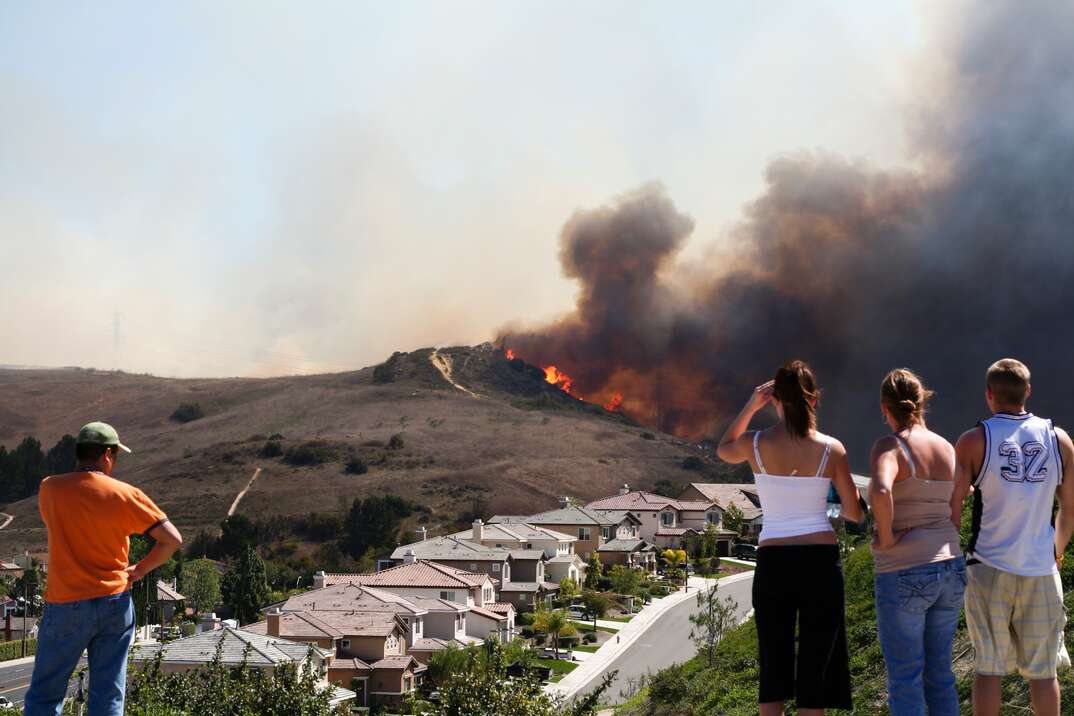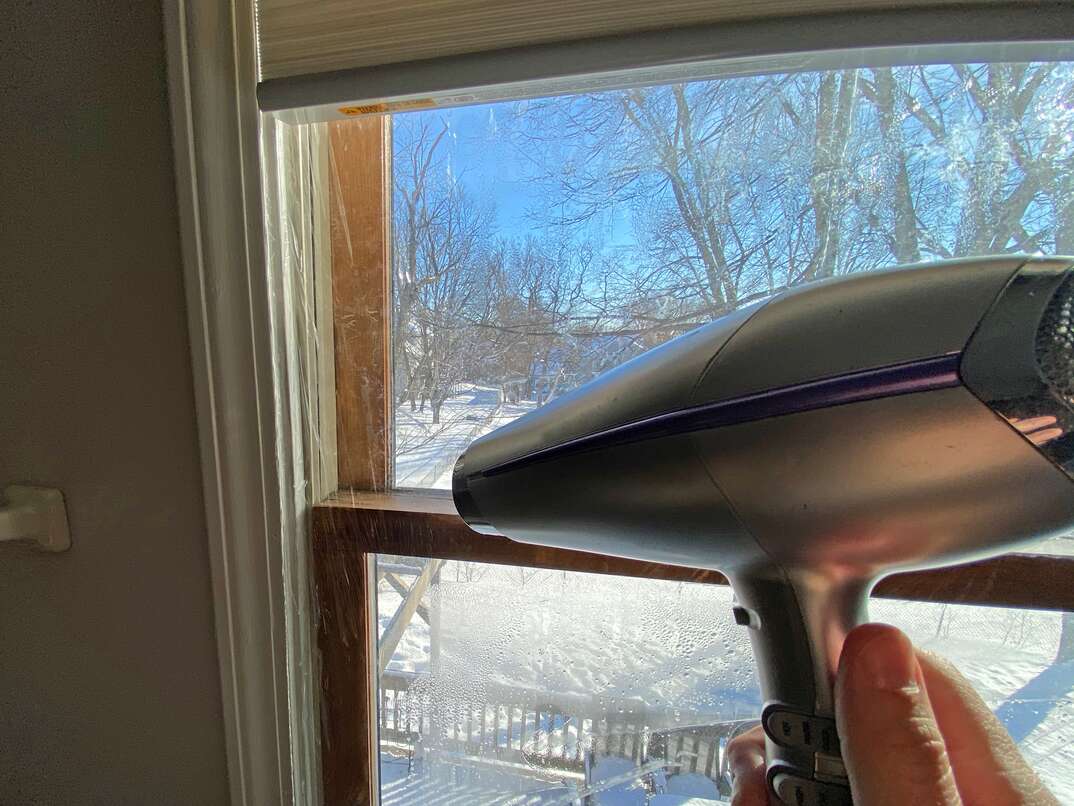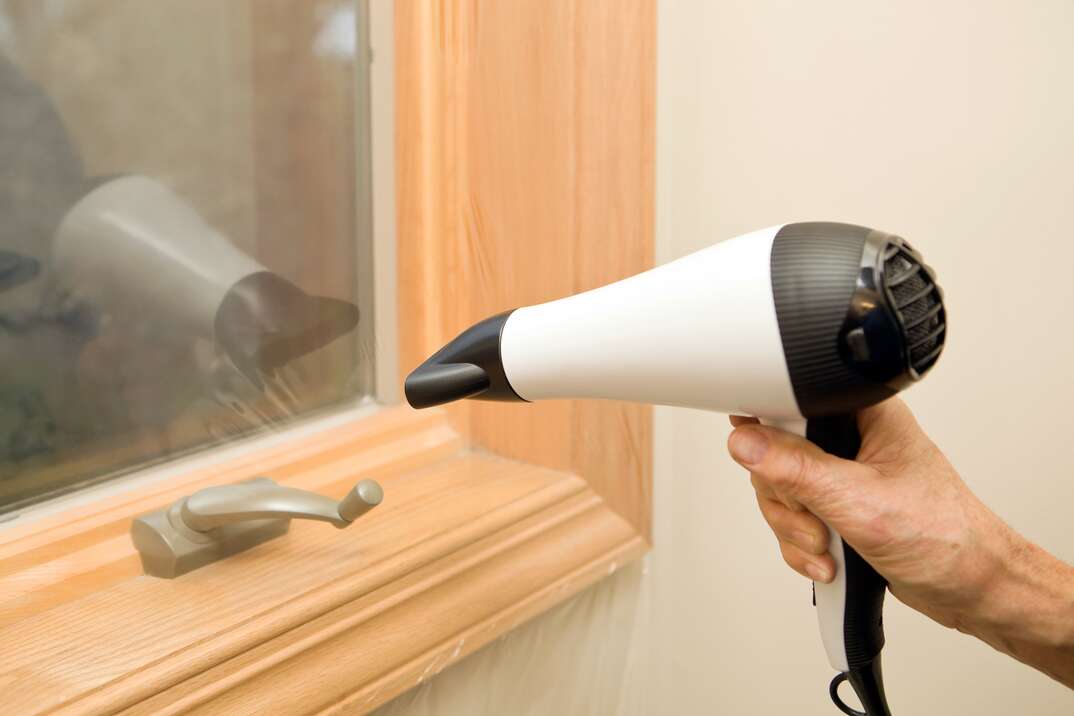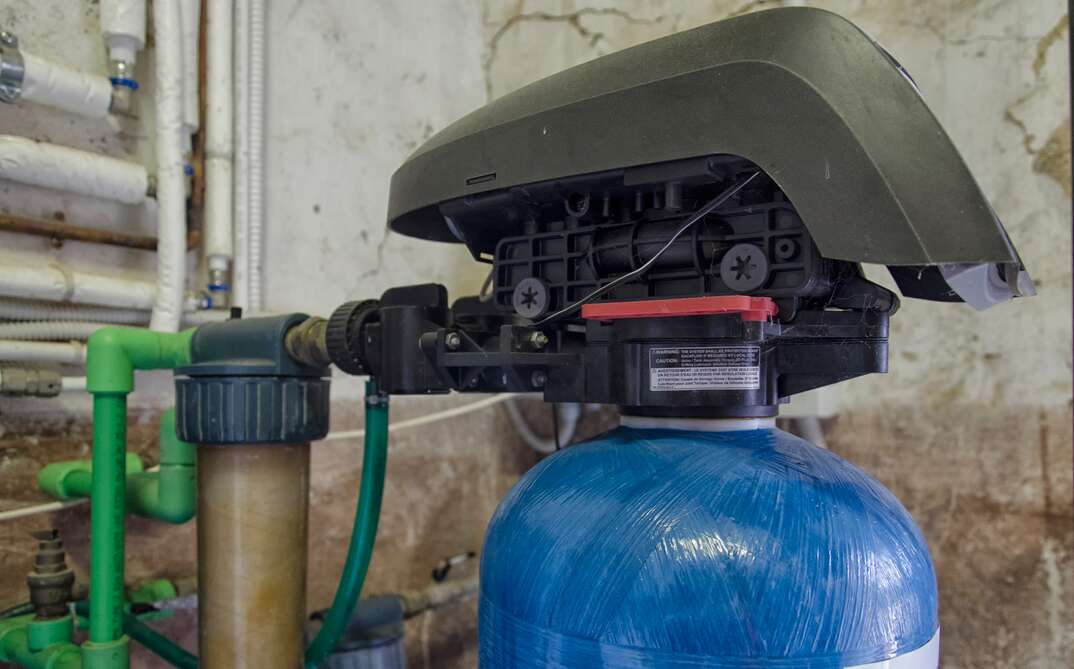How to Prepare for a Wildfire

Drier conditions and higher temperatures have made wildfires more common in the last few years, especially along the Pacific Coast of the U.S. and Canada, and in the Southwest region of the U.S.
This May Also Interest You: Learn How to Install a Smoke Detector Safely
No one likes to think about living through a natural disaster, but it's better to plan ahead than to be taken by surprise. Stay safe by using these tips on how to prepare for a wildfire.
How Can You Prepare Your Home for Wildfires Before You Evacuate?
One of the best ways to prepare for wildfires is to clear leaves and other combustible materials from the outside of your home. Ready.gov recommends creating a "fire-resistant zone" of at least 30 feet to prevent debris from catching on fire and allowing flames to spread. It's also wise to purchase a long hose and keep it connected at all times during fire season. If debris catches on fire while you're trying to evacuate, you can use the hose to extinguish the flames.
How to Prepare Your Home Wildfires in Your Area if You Don't Need to Evacuate
Most wildfire safety tips focus on preparing for evacuation, but you may not have to leave your home, so it's important to prepare accordingly. The first step is to pick a room where you can spend time if you need to get away from the smoke. Ideally, the room should be large enough to accommodate several activities, such as working remotely, sleeping and relaxing.
If a wildfire breaks out, close every door and window in the room to prevent smoky air from getting inside. It's also helpful to use a portable air cleaner to eliminate smoke particles and make it easier to breathe. As you learn how to prepare for a wildfire, consider purchasing a set of N95 masks to keep large particles out of your respiratory system.
There's a good chance the power will go out at some point, so another important aspect of preparing for wildfires is thinking about what you'll do if you lose electricity. You won't be able to use your microwave or stove, so stock up on protein bars and other ready-to-eat items. Keep at least one case of bottled water on hand.
More Related Articles:
- What You Need to Know About Gas Safety
- 5 Tips for Carbon Monoxide Safety
- Hiring for Wiring? 5 Tips for Finding a Trusted Electrician
- Protect Your Home with These Security Systems
- Wood-Burning Stove and Fireplace Safety
How to Prepare for a Wildfire: Your Wildfire Evacuation Checklist
To increase your wildfire preparedness, follow this checklist to secure your home and make sure the whole family has everything they need.
Preparing Your Home
- Move flammable materials away from the windows. This includes pillows and curtains made from materials that aren't fire-resistant.
- Turn off the pilot light to your furnace.
- Remove propane tanks, if possible.
- Close all interior doors.
- Block any openings that could allow smoke or flames into your home.
- Put your valuables in a fireproof safe.
- Move couches, chairs and other fabric-covered items to the middle of each room.
- Turn off sprinklers and other sources of running water, as they can affect water pressure, making it difficult for the fire department to put out a fire.
Preparing Your Vehicle
- Make sure you have a full tank of gas, so you don't have to stop along your evacuation route.
- Park facing the road, so you don't have to worry about backing your vehicle into a busy roadway.
- Close your garage door, if you have one, when you leave your home.
Preparing Your Pets
- Make sure each pet has an ID tag with your current contact information.
- Put veterinary records and pet medications in your go bag.
- Keep collapsible food and water dishes in your vehicle.
- Purchase one pet carrier per animal and keep them in an easy-to-reach location.
Packing a Go Bag
- Keep birth certificates, passports and other important documents in your go bag in case you need to secure temporary housing or travel out of the country.
- Pack enough clothing for up to 5 days away from home.
- Include a battery pack to ensure you can charge your phone when needed.
- Take photographs of your home's exterior, including patios and decks. Keep them with you in case you need to prove to your insurance company that you did everything you could to prevent a fire from damaging your home.
- Pack shampoo, deodorant, toothpaste and other toiletries.
- Bring prescription drugs, over-the-counter medications and medical devices as needed.
Wildfires are a major threat, but there are many things you can do to keep your family safe. Learning how to prepare for a wildfire may also help you reduce the risk of damage to your home.


